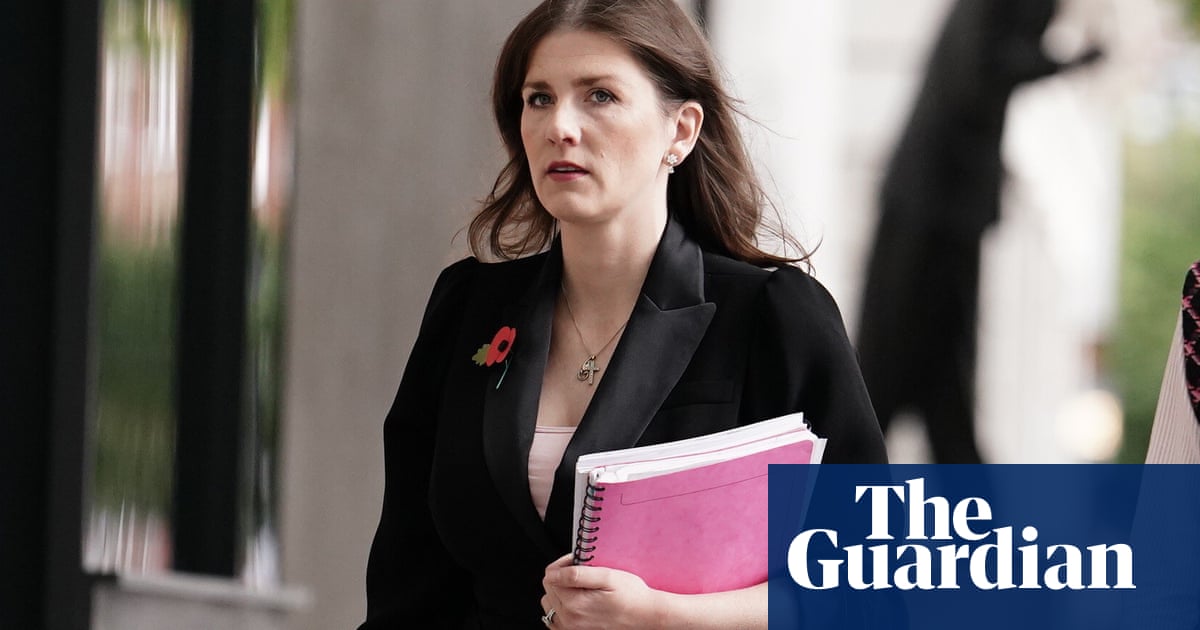
The UK’s independent research funding body has become embroiled in a fight with ministers over free speech and diversity initiatives, with the body’s chief executive saying she is “fully committed” to defending her organisation.
Prof Ottoline Leyser, the chief executive of UK Research and Innovation (UKRI), has been criticised for her response to demands by the science minister, Michelle Donelan, that UKRI cut its links with two academics that Donelan accused of promoting “extremist views” on the Israel-Gaza war.
When Leyser opted to suspend the advisory panel linked to the two academics and hold an inquiry, she came under fire from the University and College Union, which accused her of “capitulating” to Donelan and issued an ultimatum to reinstate the advisory board or face calls for mass withdrawals by UCU members.
Before the deadline, as many as 20 academics announced they would quit their voluntary involvement in UKRI advisory groups, while an open letter circulating among UKRI grant holders said its signatories “object in the strongest terms” to UKRI’s moves.
Leyser said she wanted to make the UKRI leadership’s position “crystal clear” to its critics.
“We are fully committed to the principles of freedom of speech within the law and equality, diversity and inclusion. These are the foundations on which research and innovation excellence is built.
“I am determined to uphold these principles through the actions we are taking, despite the heightened emotions surrounding these debates at the current time,” Leyser said.
UKRI is the umbrella agency responsible for channelling £3bn in higher education research funding, including to Research England, which is at the centre of the row after Donelan’s accusations regarding two academics on its equality, diversity and inclusion (EDI) advisory panel.
Last week Donelan wrote to Leyser to “express, in the most serious terms, my disgust and outrage at Research England’s appointment of individuals to an advisory group on equality, diversity and inclusion who, since October 7, have been sharing some extremist views on social media.”
Donelan’s complaint relates to a retweet on X, formerly known as Twitter, and the posting of a Guardian article with the comment “This is disgusting”, regarding home secretary Suella Braverman’s call for the police to crack down on signs of support for Hamas.
Donelan demanded UKRI “immediately” close the advisory group but suggested her real aim was UKRI’s commitment to equality, telling Leyser she was concerned that UKRI “has been going beyond the requirements of equality law in ways which add burden and bureaucracy to funding requirements, with little evidence this materially advances equality of opportunity or eliminates discrimination”.
Leyser replied that she was “deeply concerned” by Donelan’s letter, saying the agency would use “an evidenced, principled approach to take appropriate actions” based on the outcome of its investigation.
Jo Grady, the general secretary of UCU, said: “It is absolutely paramount to the protection of academic freedom that bodies that administer research funding are able to operate free from the whim of ministerial diktat.
“UKRI’s actions over the last three days have given academics cause to think carefully about whether, given the politicisation of the organisation, they wish to continue to serve on UKRI bodies.”












